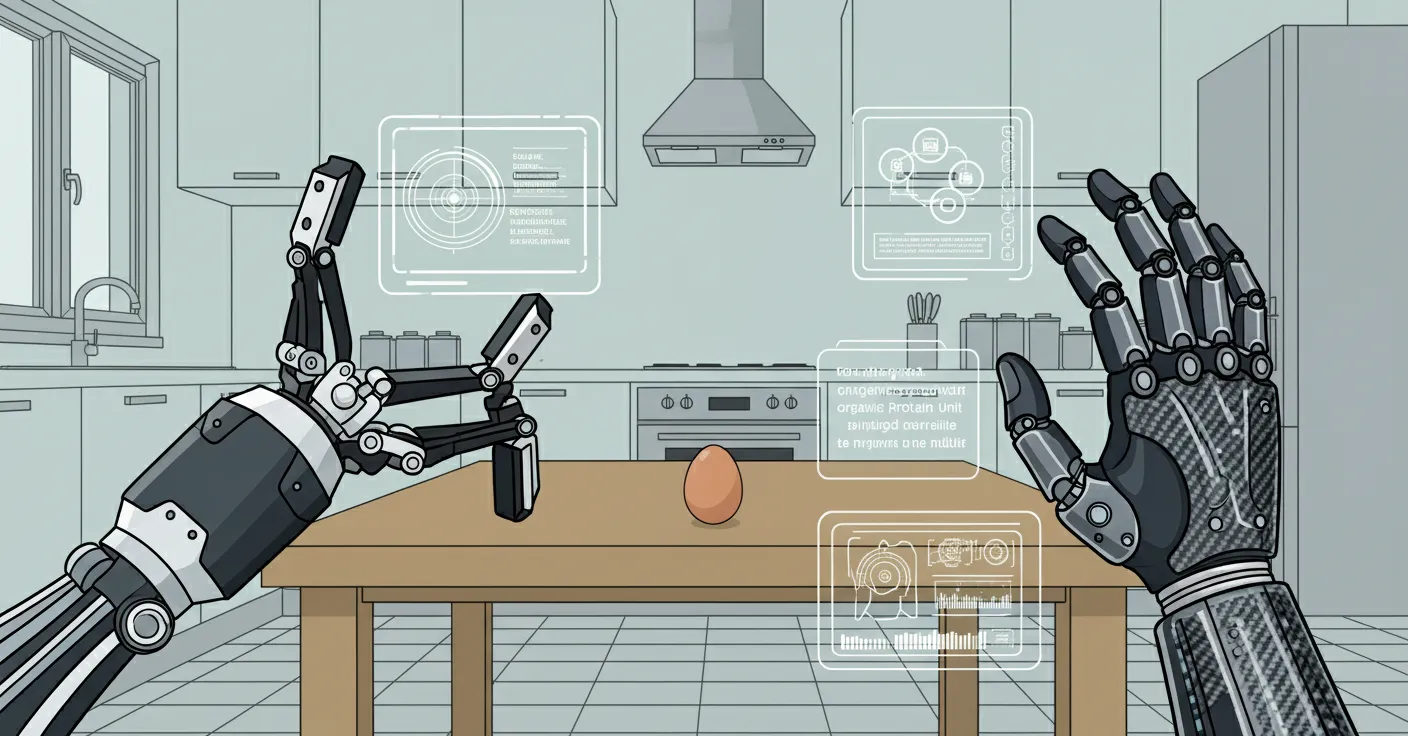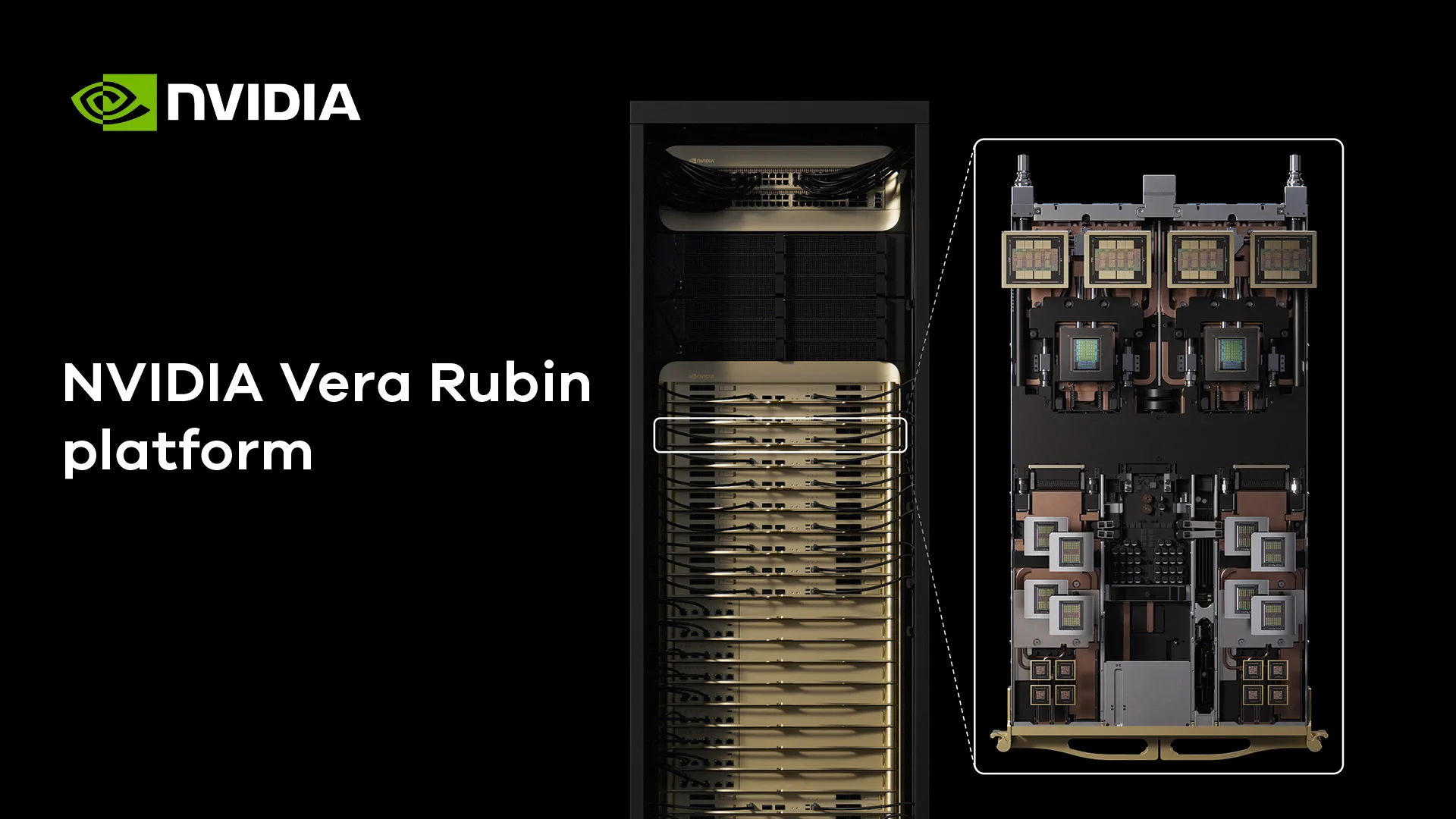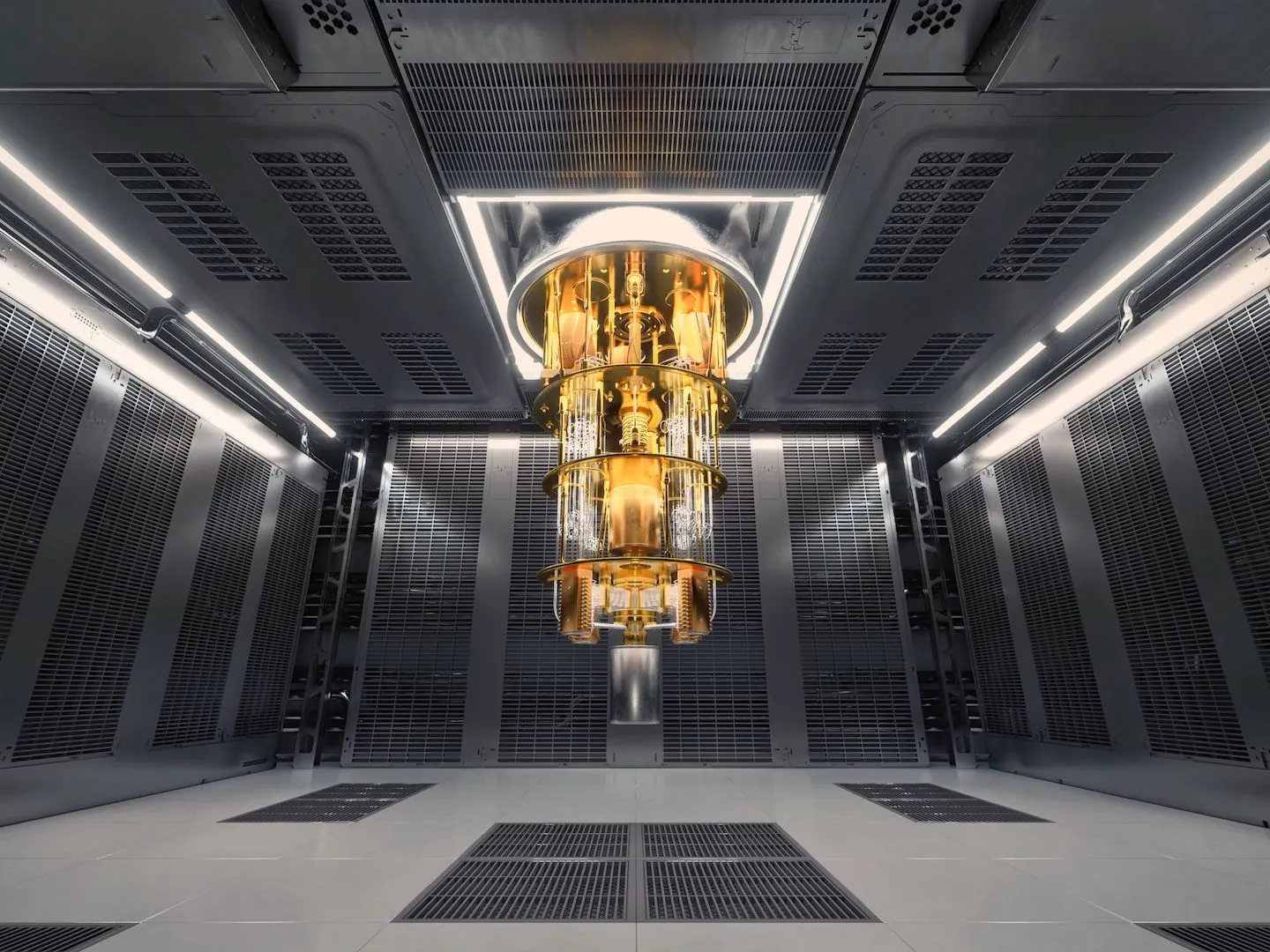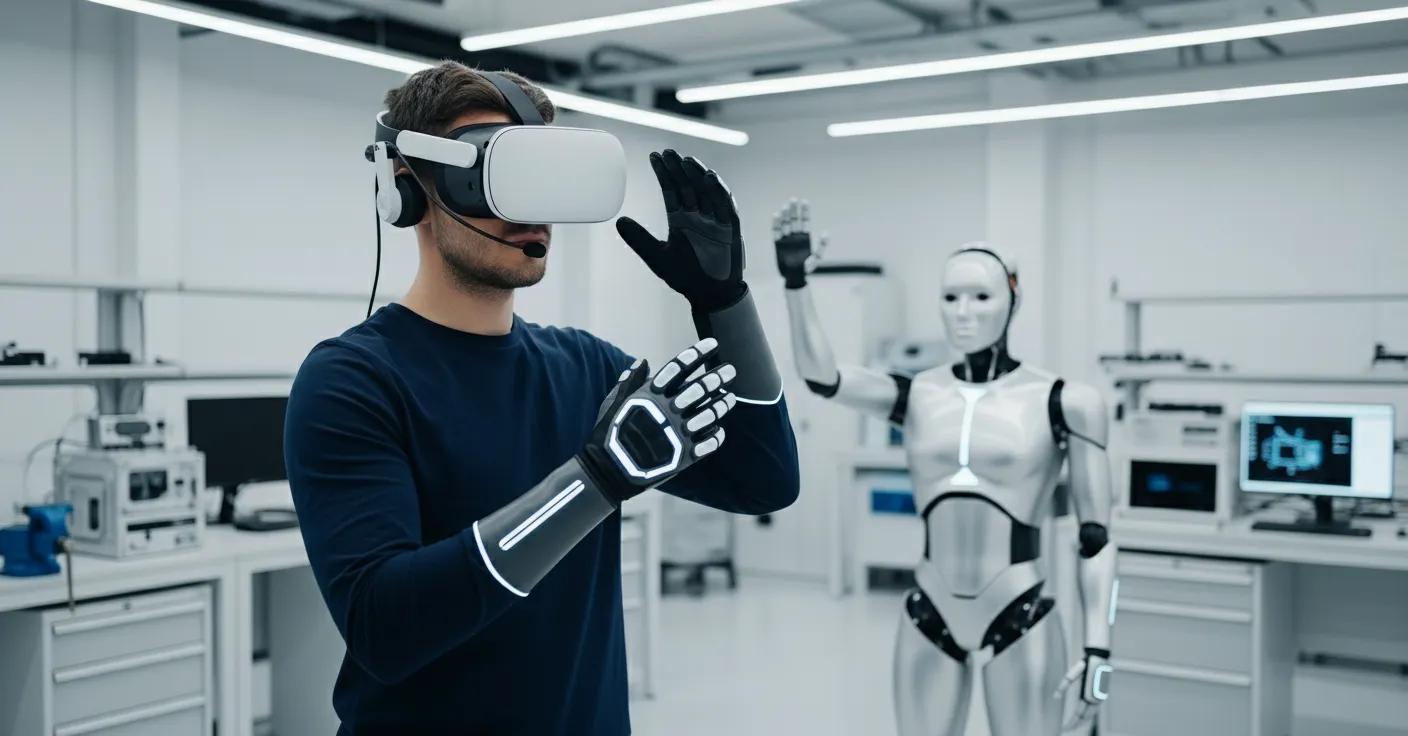- Huawei has launched the OceanDisk LC560, an SSD with a massive 245.76TB of storage, rivaling KIOXIA's LC9.
- The OceanDisk LC560 boasts impressive read speeds of up to 14.7 GB/s, making it ideal for AI workloads.
- This launch is significant given the US sanctions on Huawei, demonstrating the company's and China's growing technological self-sufficiency.
- High-capacity, high-speed storage is crucial for AI development, as it allows for faster and more efficient training of AI models.
- The development of such advanced hardware has significant geopolitical implications in the ongoing US-China tech competition.
Huawei, a company that's been playing on hard mode for the last few years, just dropped a bombshell that's making data hoarders and AI enthusiasts weak at the knees. They've unveiled the OceanDisk LC560, a solid-state drive (SSD) that packs a jaw-dropping 245.76 terabytes (TB) of storage into a compact form factor. To put that into perspective, you could store roughly 12,500 4K movies on this thing and still have room for your cat videos. This isn't just a big number; it's a statement.

Now, before we dive into the "why this is a big deal," let's give a nod to the competition. KIOXIA, another heavyweight in the memory game, also has a 245.76TB behemoth, the LC9. On paper, they're quite similar in capacity. The KIOXIA LC9 boasts impressive read speeds of up to 12 GB/s, while the Huawei OceanDisk LC560 edges it out slightly with up to 14.7 GB/s. Both are clearly aimed at the enterprise market, where data is the new gold. But the story here isn't just about a spec sheet showdown. It's about the context.
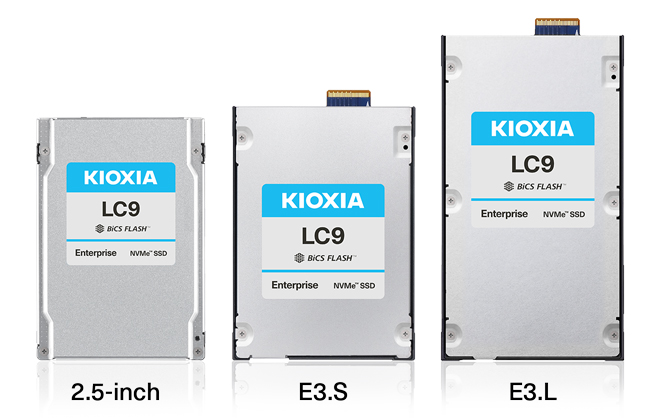
For years, Huawei has been the poster child for the US-China tech war. Sanctions and blockades have tried to kneecap the company, cutting it off from crucial American technology. Many predicted its slow demise. Instead, Huawei has pulled a tech-savvy Rocky Balboa. They've not only survived but have been innovating at a breakneck pace. From their own Kirin processors to the HarmonyOS operating system, Huawei has shown a stubborn refusal to be sidelined. The OceanDisk LC560 is the latest chapter in this saga of resilience. In a world where China is striving for technological self-sufficiency, this home-grown high-capacity storage solution is a significant milestone. It's a clear message to the world: "We can do it ourselves."
So, why is all this storage so important for AI? Imagine you're trying to teach a robot to recognize a cat. You can't just show it one picture of a fluffy Persian and call it a day. You need to show it millions of pictures of cats: big cats, small cats, grumpy cats, cats in boxes, you name it. This massive library of cat pictures is the AI's "training data." The more data you have, the smarter your AI becomes. Now, imagine you're training a much more complex AI, like a large language model or a self-driving car. The amount of data required is astronomical.
This is where high-capacity, high-speed storage like the OceanDisk LC560 comes in. It's not just about having a giant digital closet to stuff data into. It's about being able to access that data at lightning speed. AI models need to constantly read and re-read their training data, and any delay can create a bottleneck. The OceanDisk's impressive read speeds mean that AI models can "learn" faster and more efficiently. Huawei claims the LC560 can boost data collection and pre-processing efficiency by a whopping 6.6 times. In the race to develop more powerful AI, speed is everything.
The geopolitical implications of this are hard to ignore. As the world becomes increasingly reliant on AI, the hardware that powers it becomes a strategic asset. By developing its own high-end storage solutions, China is reducing its dependence on foreign technology and strengthening its position in the global tech landscape. The US sanctions, intended to slow China's technological progress, may have inadvertently accelerated its drive for self-reliance.
So, while the Huawei OceanDisk LC560 is, on the surface, a very large and very fast SSD, it's also a symbol of something much bigger. It's a testament to Huawei's resilience, a milestone in China's tech journey, and a crucial piece of the puzzle in the ever-evolving world of artificial intelligence. And for the rest of us, it's a reminder that in the digital age, you can never have too much storage. Huawei says this Super-Fast SSD will be available by end of this year.


